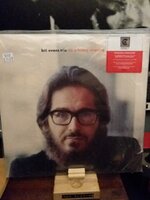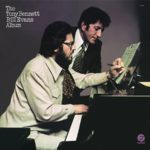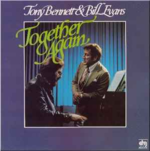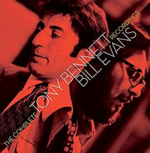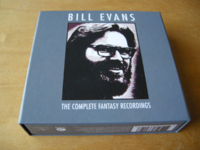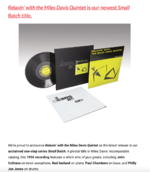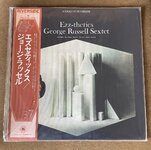I have the 24bit, it is good, not essential. Still - good, sound is acceptable.That does look interesting. I went through a period of kind of avoiding '80s jazz albums, but over time discovered that there was a lot of good music hiding under poorly designed album covers. Last week, I came across Freddie Hubbard & Woody-Shaw – Double Take and The Elvin Jones McCoy Tyner Quintet – Reunited in the wild and prices well below what most jazz reissues are going for these days, and they're both really solid albums. Live material from Tyner and Hubbard during that period sounds it could be great.
The 80's - a fallow period for jazz, but there are lots of gems to be had. Some thoughts:
1. Post-fusion, jazz went into decline. Either it went full-on disco/smooth jazz or retrenched to traditional acoustic jazz, as many artists tried to recapture the 50's/60's audience and/or keep their club bookings. A small number of artists kept going without compromise. ECM started to rise in importance.
2. Record labels curtailed jazz recording significantly. Many gems of this period come on the labels that kept the flame burning - Muse was, in many ways, the new Blue Note. Milestone kept going as far into the 80's as they could. Japanese and European boutique labels largely kept the flame going.
3. While the 50's and 60's are celebrated periods, the majority of artists we look to today were just starting out. I wouldn't necessarily want to be judged solely on my work early in my career, presumably, professionals with talent for what they do continue to learn, grow and become better in their careers. Most of these players were better in the 80's that they ever were. Listen to McCoy Tyner or Dexter Gordon records from this period to hear just how far they had advanced as players. Players that came late in the 60's or early 70's were taking off. Woody Shaw, Arthur Blythe, Joe Bonner, Carlos Garnett, Kenny Barron, etc.
Last edited:

